Food Recalls
Food recalls are a significant concern for Food Business Operators across the industry. The issues leading to a product recall can occur due to simple errors, yet the consequences of doing so are potentially devastating. As a result, it’s crucial to know how recalls arise and what steps you can take to mitigate business risks, and keep your consumers safe.
What is a food recall?
A food recall is a product being removed from the supply chain due to concerns that it may be unsafe and result in health issues when consumed. In the U.S., this is either done voluntarily or enforced by Food and Drugs Administration.
In the UK, it is enforced by the Food Standards Agency or Food Standards Scotland in what’s known as a food alert.
Food industry recalls commonly occur due to contamination, broken down into four types:

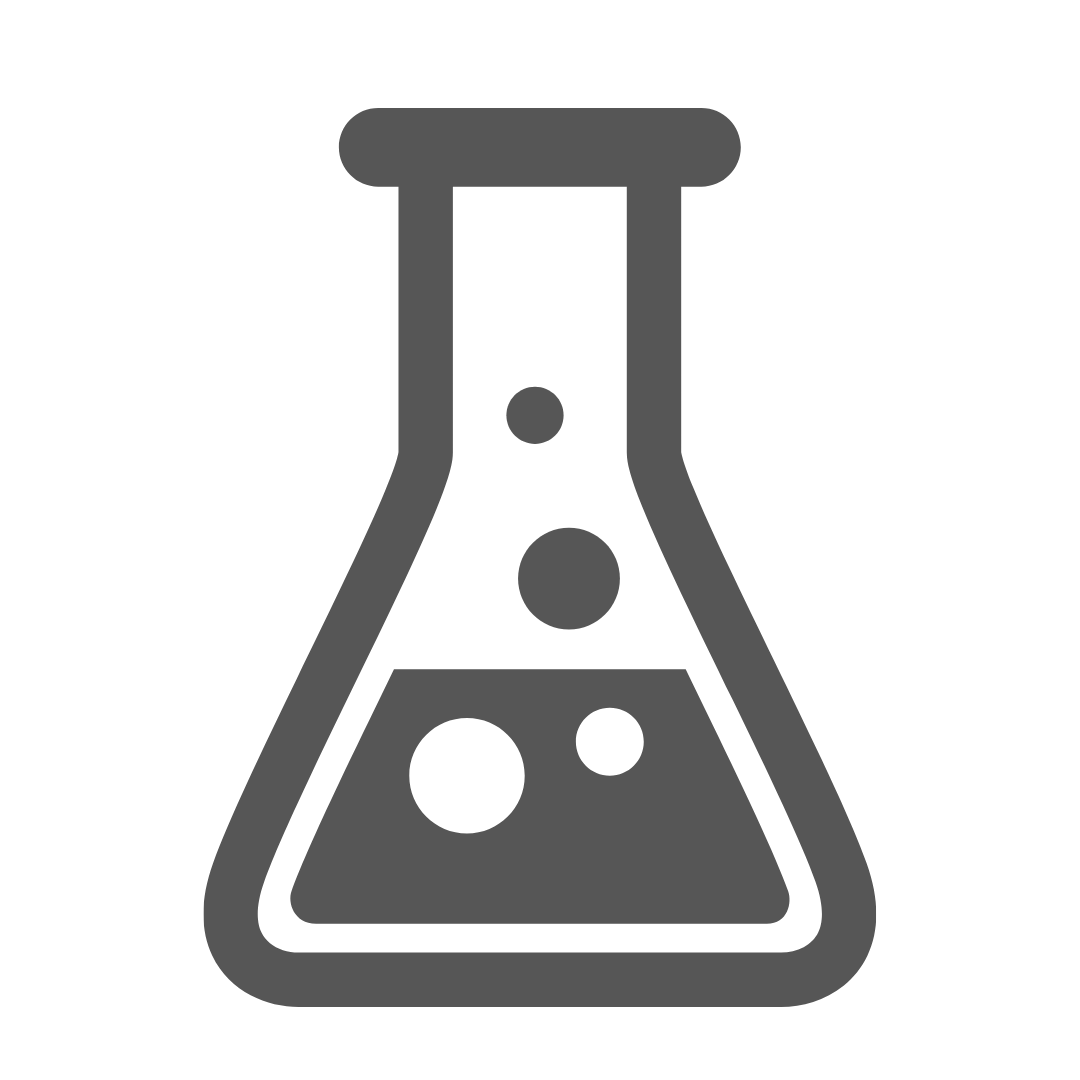
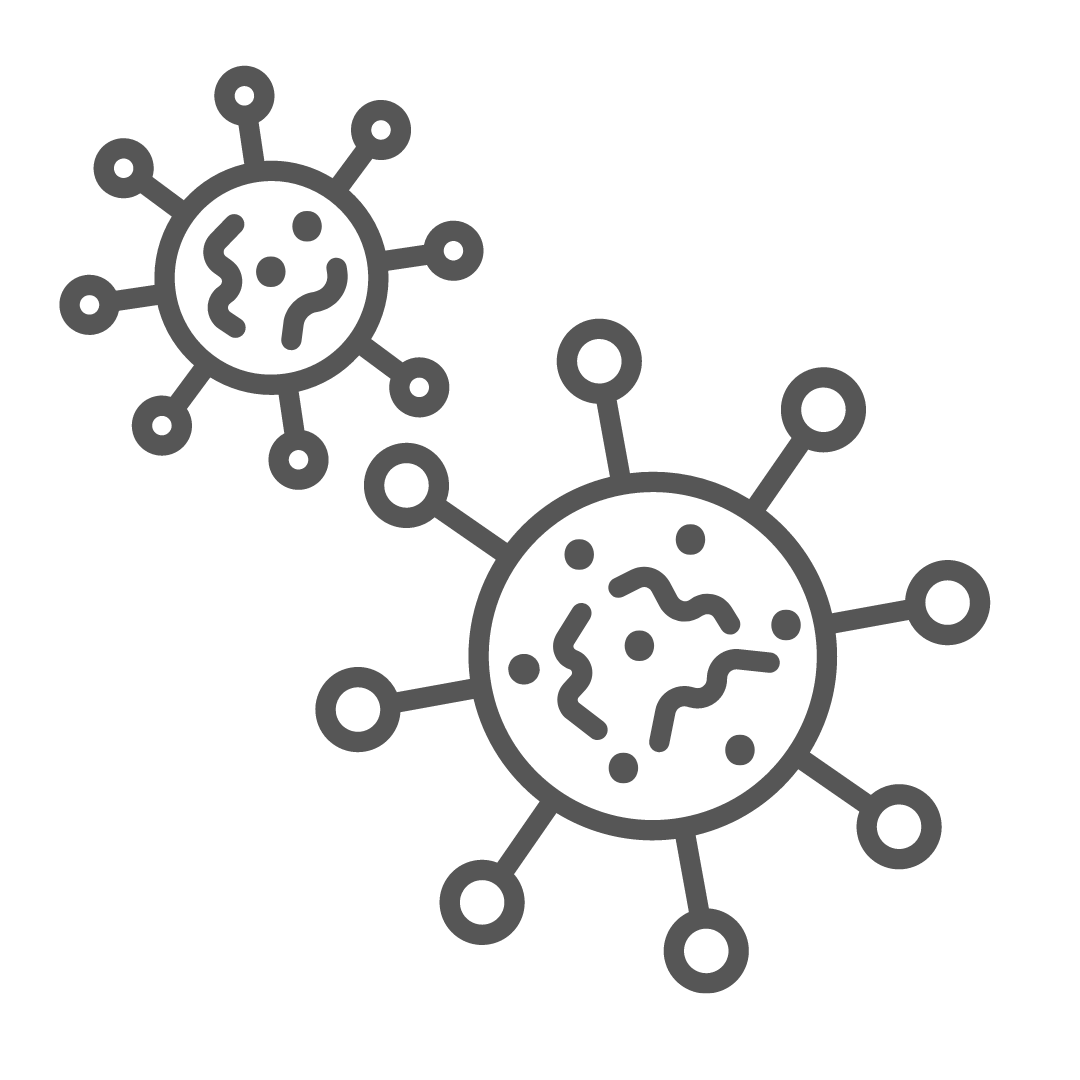
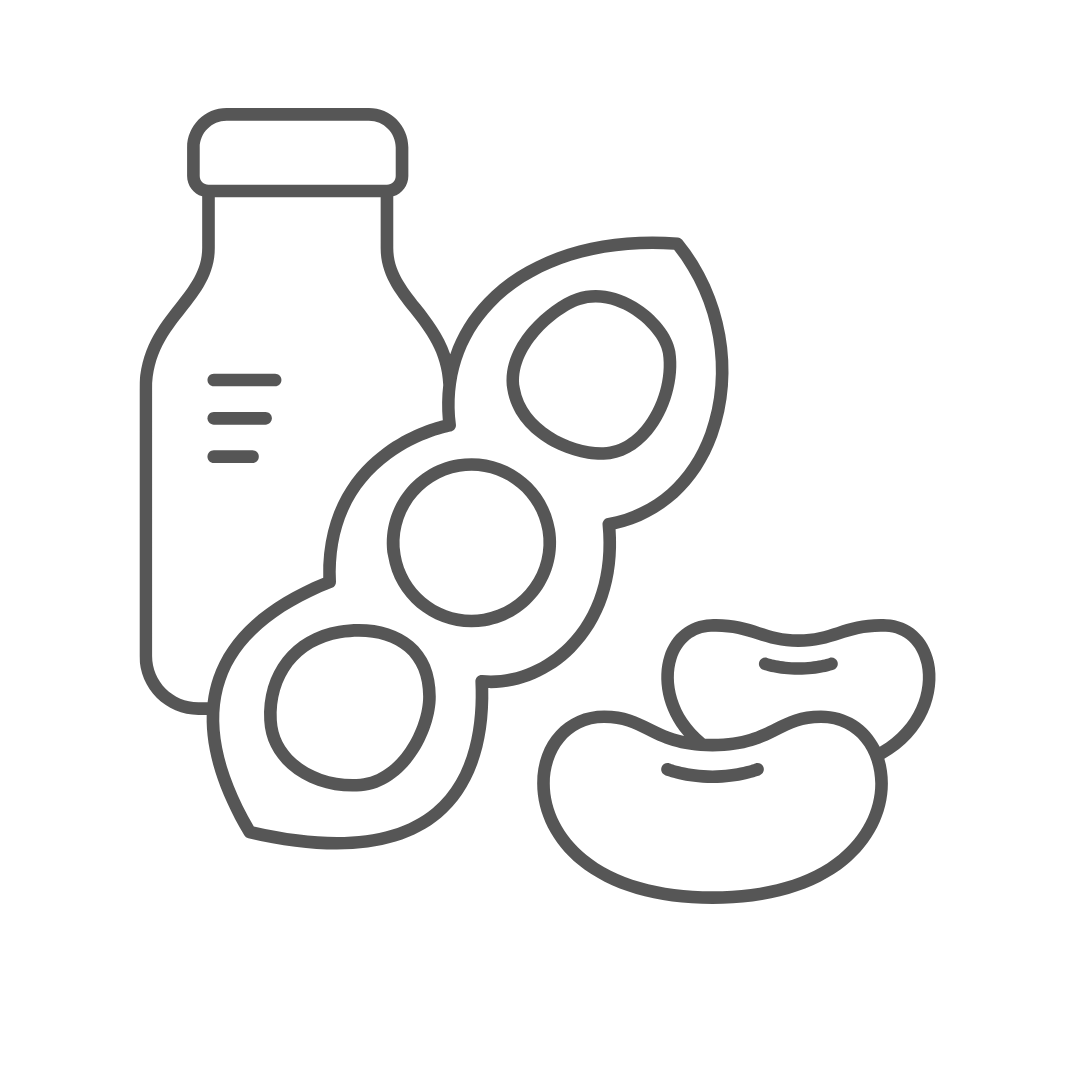
Physical
Chemical
Microbial
Allergenic
Foreign objects such as fingernails, hair, jewellery, pieces of clothing, or broken glass may have entered food at some stage of the supply chain.
When consumed, these foreign objects can result in a variety of issues, such as broken teeth, choking, illness, or severe bodily harm.
Chemical substances may be present in food, commonly from leftover residue from cleaning agents on surfaces or pesticides and herbicides sprayed on food when growing.
Toxins can also occur naturally in some foods, and proper care may not have been taken to remove them.
Microbial contamination occurs due to the presence of living organisms or the substances they produce.
This is typically seen in the form of cross-contamination, in which bacteria and microorganisms transfer between foods.
Common examples are bacteria, viruses, and mould present in food, which can result in food poisoning.
Allergenic contamination, also known as cross-contact, can occur when allergens accidentally transfer between foods.
This typically occurs because the same kitchen surfaces and utensils are used for both foods without being cleaned.
Food containing major allergens may also need to be adequately stored or separated.
One of the most common causes of allergenic contamination across the UK and the U.S. is data errors resulting in the omission of food allergens in labelling. These errors often go unnoticed by current manual data entry and data-checking processes.
LiberEat supports Food Business Operators by detecting allergen errors in data and ensuring they are correctly declared before reaching the market, ensuring peace of mind and minimising the risk of recalls.
70% of Major Food Allergen recalls in the U.S. from 2013-2019 were due to labelling errors.

57.6% of recalls in the UK from 2016-2021 were allergen recalls.
The Dangers of Incorrect Allergen Information
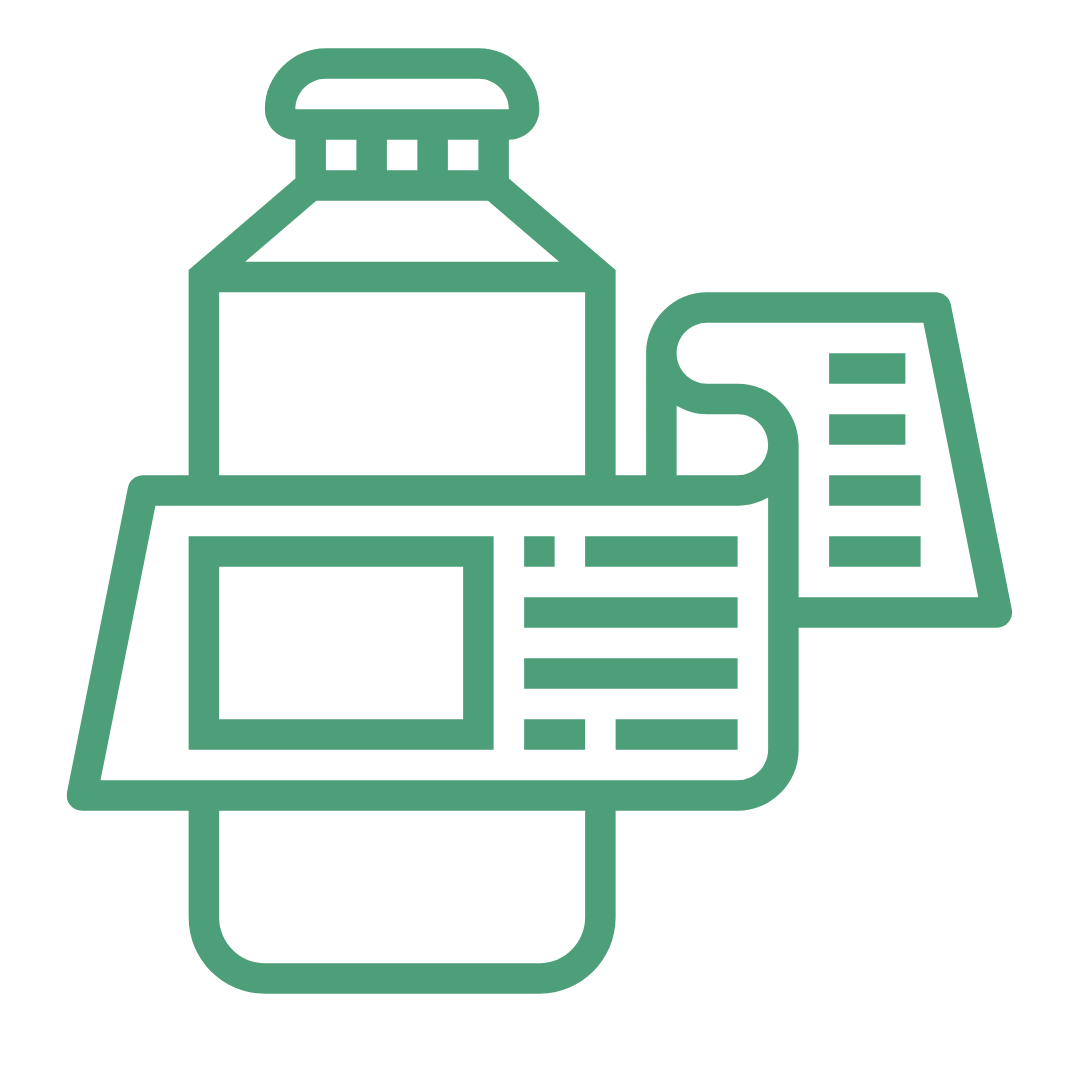
With around 2.4 million people in the UK diagnosed with a food allergy and an estimated 33 million in the U.S., Food Safety Legislation has been introduced that requires specific allergens to be clearly labelled on product packaging to help consumers make informed choices regarding their purchases. Failure to do so is one of the main reasons for product recalls.
When a consumer is injured, businesses may be involved in legal proceedings and face criminal penalties and damage to their reputation, especially in cases where consumers have been injured or a fatality has occurred.

A study by the Grocery Manufacturers Association (GMA) found that the average cost of a food recall for companies can exceed $10 million, with some recalls costing upwards of $30 million. These costs include product retrieval, disposal, investigation, legal fees, lost sales, and reputation management.
How LiberEat can help your business avoid recalls
Many businesses rely on manual quality assurance processes to detect issues in food data, which can be time-consuming and error-prone. The stakes are high for companies, and following the increasing amount of labelling requirements can be overwhelming.
LiberEat delivers a comprehensive solution to give food safety professionals peace of mind and help ensure that recalls are a thing of the past.
LiberEat Allergen Error Detection technology is the culmination of years of research with academics and food industry professionals and is revolutionising existing food safety processes. LiberEat technology operates 24/7, all year round, to detect errors in data that may otherwise go unnoticed in food labelling, supplier, and supply chain data, preventing these errors from ever reaching consumers and helping your businesses follow food safety compliance practices.
With seamless integration with existing processes and minimal training needed thanks to our intuitive platform, enhancing your Quality Assurance methods has never been easier.
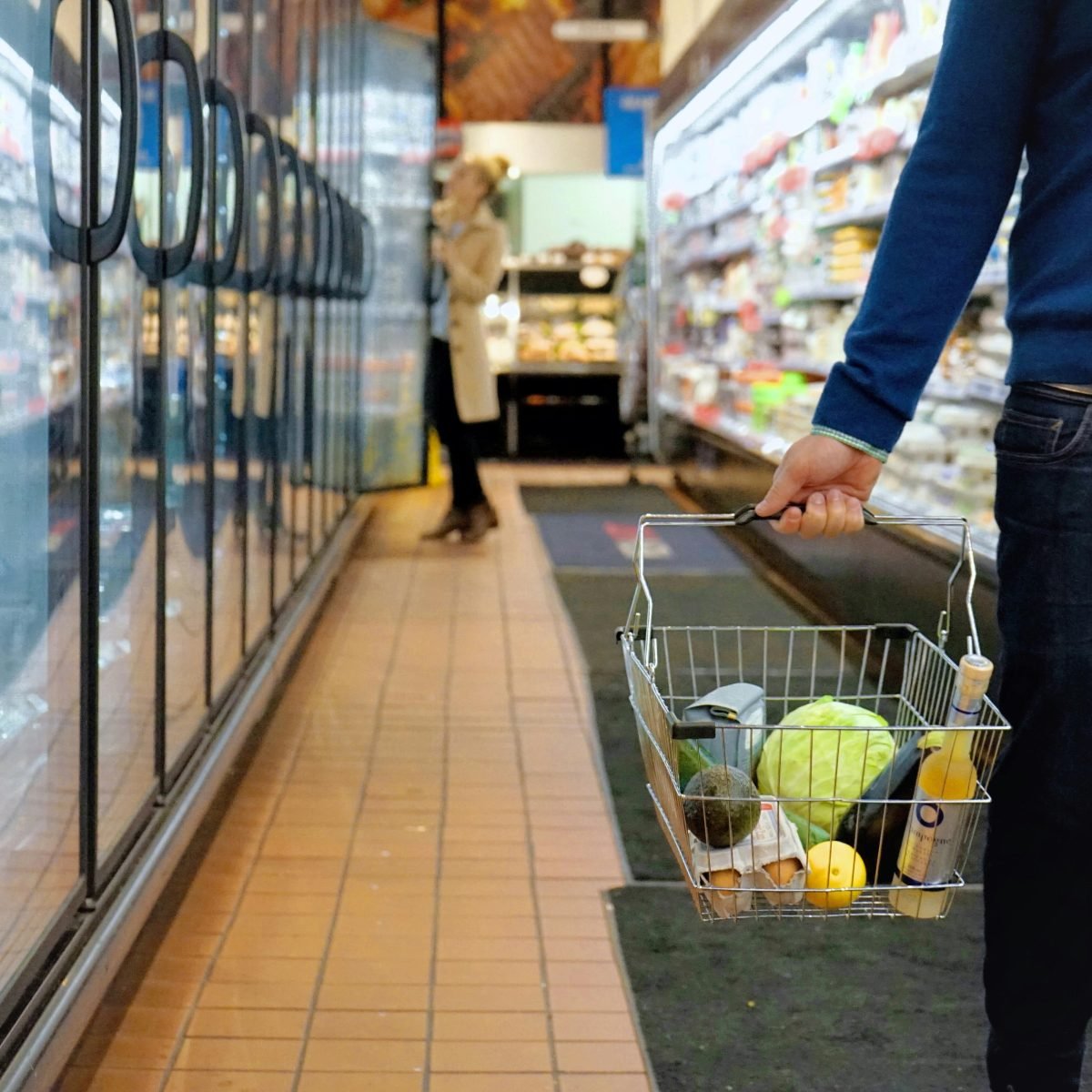
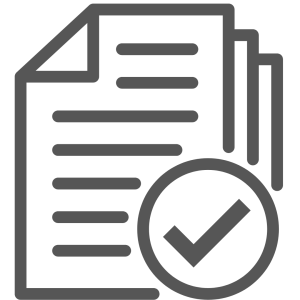
Important Food Safety Legislation
In the UK, Food Business Operators in the retail sector must highlight key allergens, known as the 14 major allergens, on the food labels of PPDS and pre-packed food if present.
The 14 Major allergens were first introduced by EU directives 2003/89/EC and 2006/142/EC, while most of the food labelling requirements are derived from Regulation (EU) No 1169/2011, which laid out new labelling requirements that were incorporated into UK law through the Food Information Regulations 2014 and its subsequent amendment known as Natasha’s Law.
The 14 Major Allergens must be emphasised in the ingredients list, with methods such as appearing in a different colour, in bold, or in a different font.
In the U.S., nine major allergens, known as the ‘top 9 allergens’, were introduced through the Food Allergen Labeling and Consumer Protection Act of 2004 (FALCPA) and the Food Allergy Safety, Treatment, Education and Research Act (FASTER). FALCPA states that food labels must identify the product’s source name of any major food allergens. This can be done in parenthesis following the ingredient’s name in the ingredient list or after the ingredient list in a ‘Contains’ Statement.
The FDA regulates most major allergens. However, products containing meat from livestock, poultry, catfish, and eggs are regulated by the Food Safety and Inspection Service (FSIS). As a result, the requirements of the FALCPA and FASTER Act do not apply to these FSIS-regulated products, though allergen statements are still encouraged.
Recalls in the U.S. are typically requested by the FDA and carried out voluntarily by the manufacturer under code 21 CFR 7. They can also be made mandatory under section 423 of the Food Drugs and Cosmetic Act, which was added by Section 206 of the Food Safety Modernization Act.
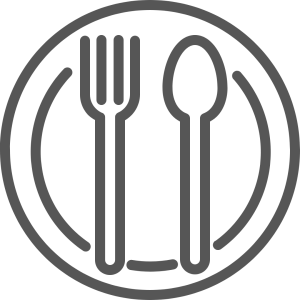
The Role of the FSA and FDA in Food Recalls
Food recalls are tightly regulated by governmental bodies such as the Food Standards Agency (FSA) in the UK and the Food and Drug Administration (FDA) in the U.S.
These agencies are critical in ensuring food safety, protecting public health, and enforcing compliance with food safety legislation.
The Food Standards Agency (FSA) protects public health and ensures food safety in the UK. It operates independently, working with local authorities and food businesses to ensure food is safely and accurately labelled. The FSA has the authority to enforce food recalls when a product is unsafe for consumption. They issue food alerts to inform the public and businesses about potential hazards.
Key legislation governing the FSA’s actions includes:
- The Food Safety Act 1990 provides the framework for all food legislation in the UK, giving authorities the power to ensure food safety and consumer protection.
- Food Information Regulations 2014: These regulations, including amendments such as Natasha’s Law, specify labelling requirements, especially regarding allergens, to ensure consumers have the information they need to make safe food choices.
The Food and Drug Administration (FDA) oversees food safety in the United States. The FDA regulates most food products, ensuring they are safe, sanitary, and properly labelled. When a food product is found to pose a risk to public health, the FDA can request or mandate a recall. This process is typically voluntary, but the FDA has the authority to enforce mandatory recalls under specific circumstances.
Relevant legislation includes:
- Food Safety Modernization Act (FSMA): Signed into law in 2011, FSMA shifts the focus from responding to contamination to preventing it. It grants the FDA new enforcement authorities designed to achieve higher compliance rates with prevention- and risk-based food safety standards and react more efficiently to problems.
- Food, Drug, and Cosmetic Act (FD&C Act) provides the legal foundation for the FDA’s oversight of food safety, including the authority to initiate food recalls.
Understanding the roles of the FSA and FDA and the legislation they enforce is crucial for businesses involved in food production and distribution.
Compliance with food safety regulations not only helps prevent food recalls but also protects consumers and upholds the integrity of the food industry. By adhering to these standards and leveraging advanced technologies like LiberEat’s Allergen Error Detection, businesses can minimise risks and ensure their products are safe for all consumers.
How can LiberEat support your Food Safety team?
By adhering to these food safety standards and leveraging advanced technologies like LiberEat’s Allergen Error Detection technology, businesses can minimise risks and ensure their products are safe for all consumers. LiberEat supports Food Business Operators (FBOs) by providing reliable and efficient allergen error detection, helping to prevent food industry recalls and protecting consumers from allergen risk.
Join us on our mission to make food safer for everyone
Get in touch today to learn how LiberEat can help you with your business goals. We can discuss your current allergen processes, and provide a demo of our technology to show you how it can support your food safety approaches every day.
